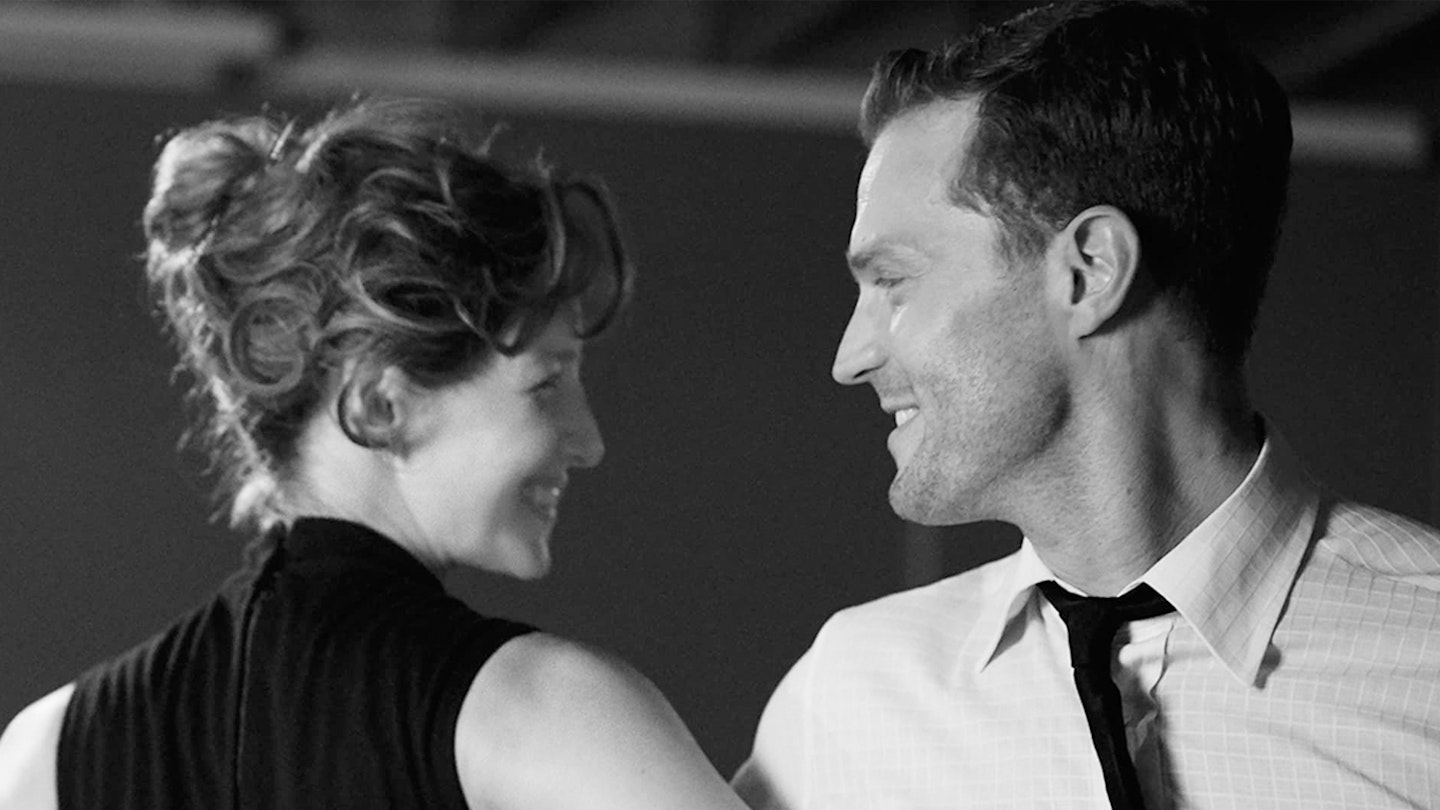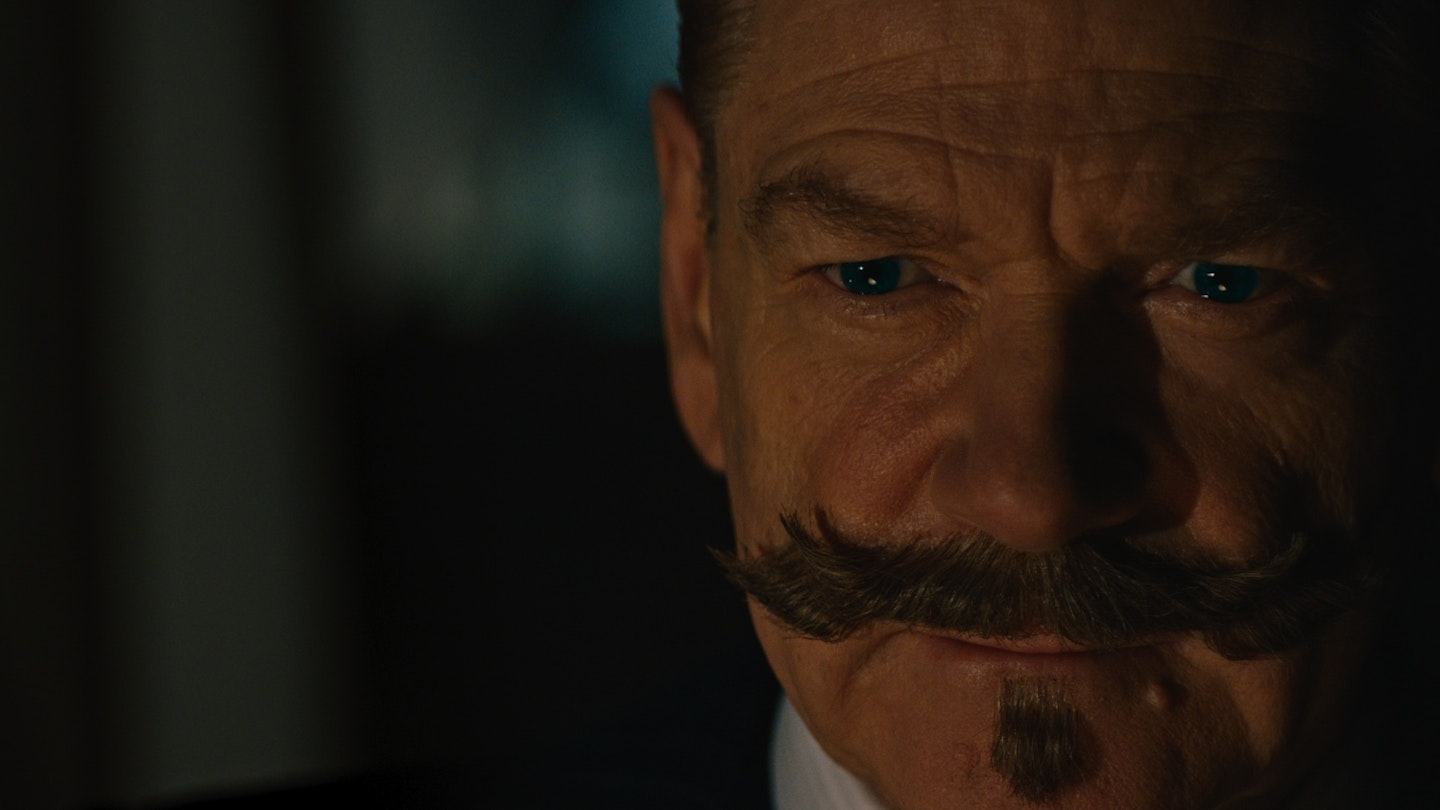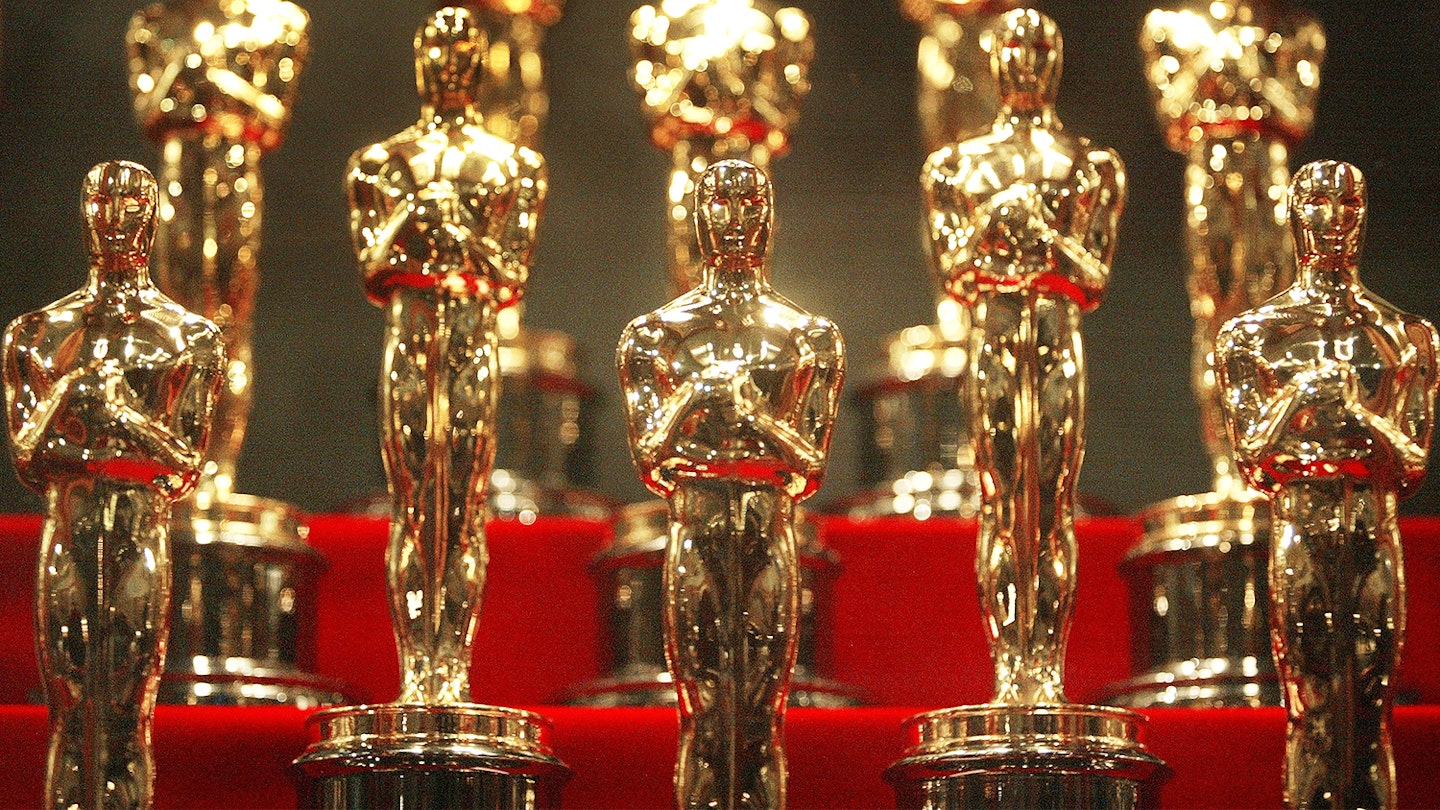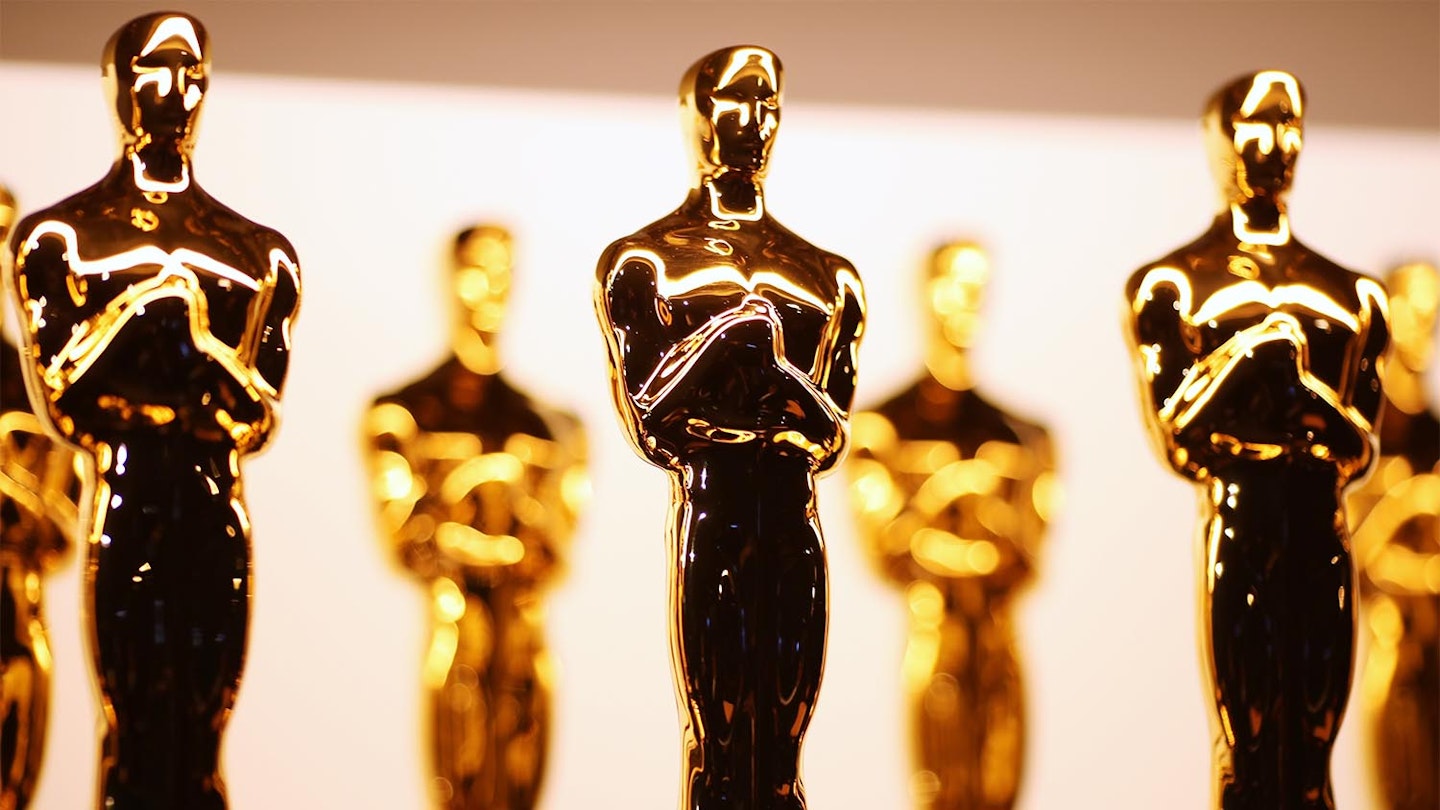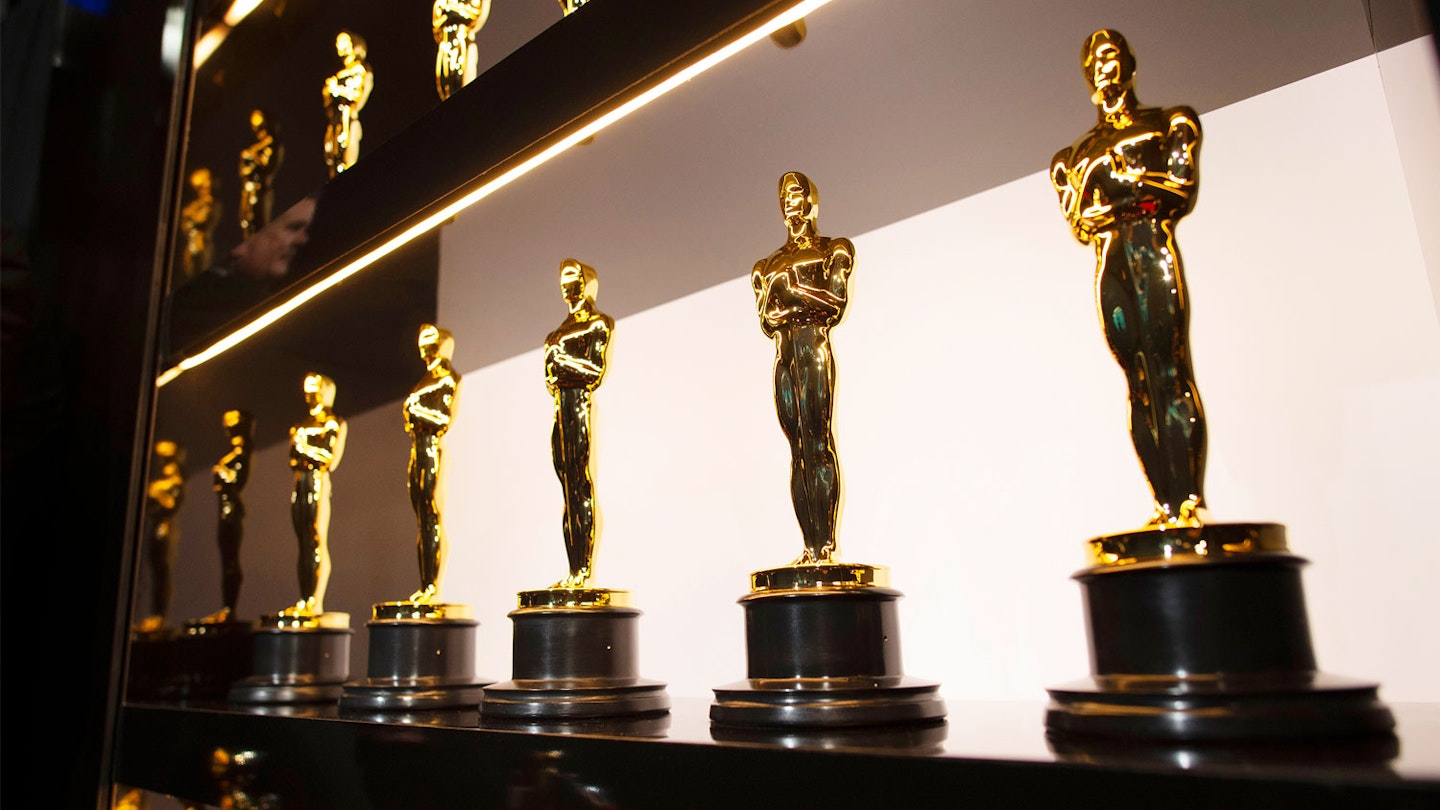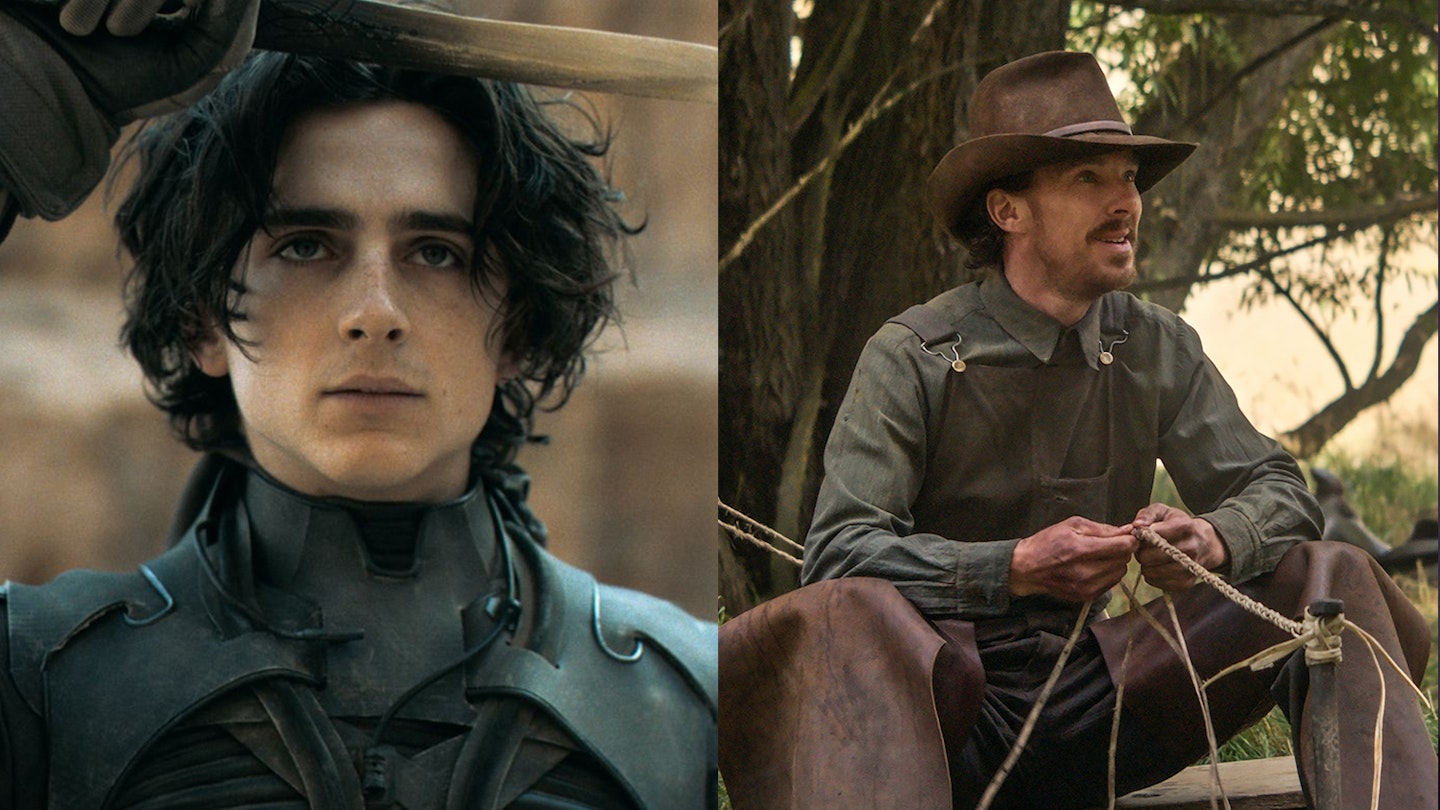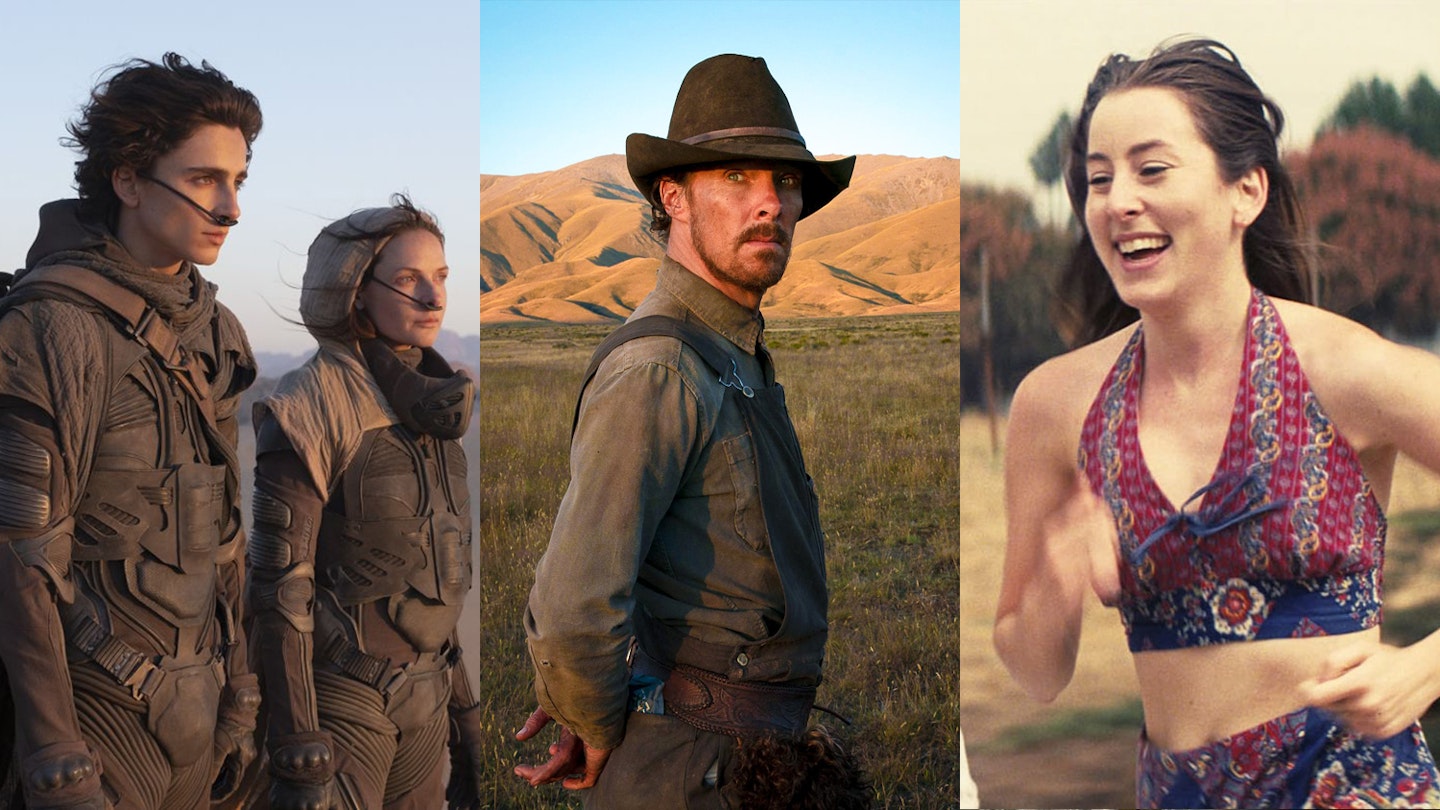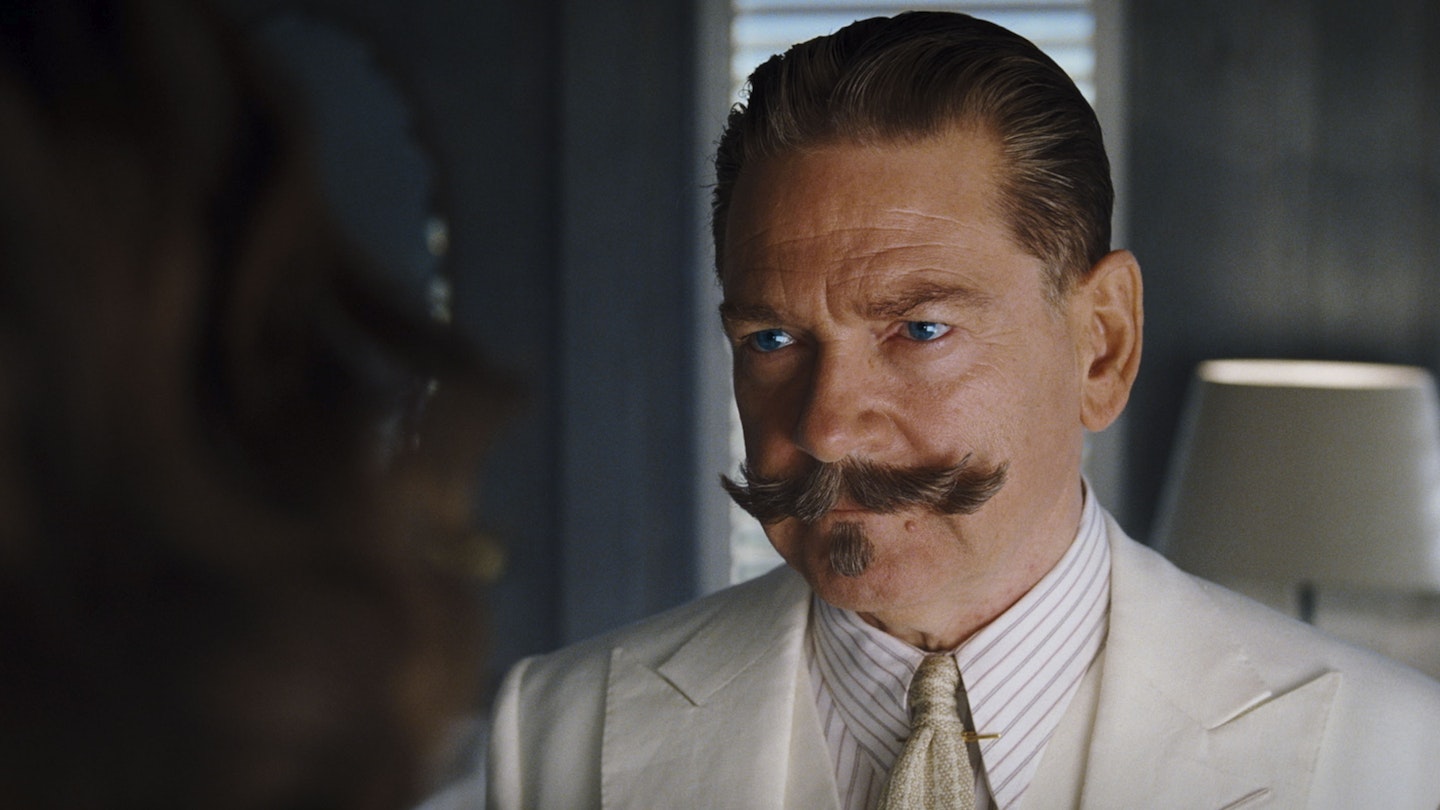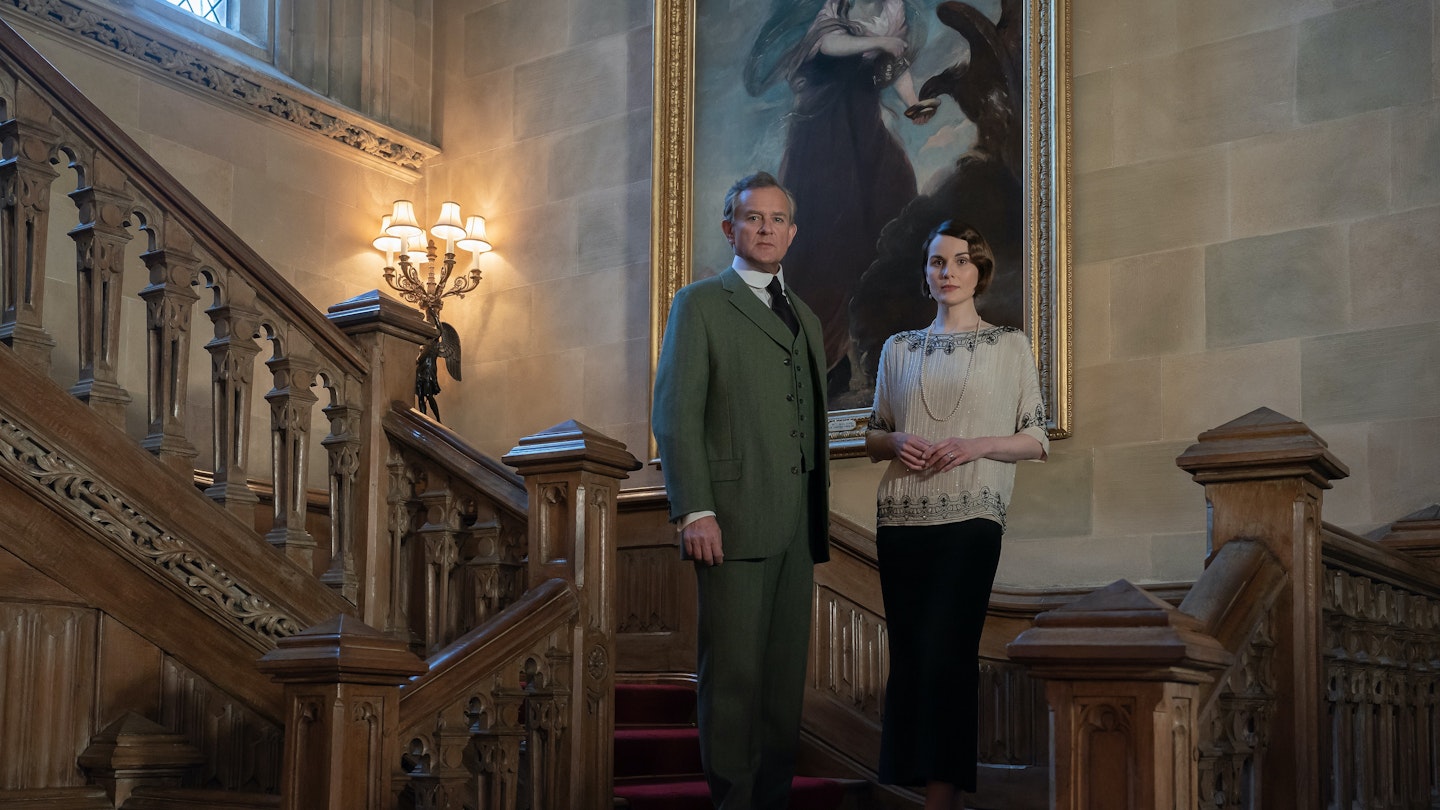Belfast, Kenneth Branagh’s semi-autobiographical take on growing up in Northern Ireland’s capital during the tumultuous ’60s, ends with a dedication for the ones who stayed, left and were lost. It’s a sentiment redolent of the filmmaker’s big-hearted, emotionally direct approach. While it lacks the dramatic heft of the similar Roma, Branagh applies epic filmmaking style, driven by a bouncy Van Morrison score, to a small, intimate scenario. Winning the People’s Choice Award at Toronto, Belfast doesn’t tell a linear yarn; instead, it’s an assemblage of anecdotes and moments that will charm and spark with wherever and whenever you grew up.
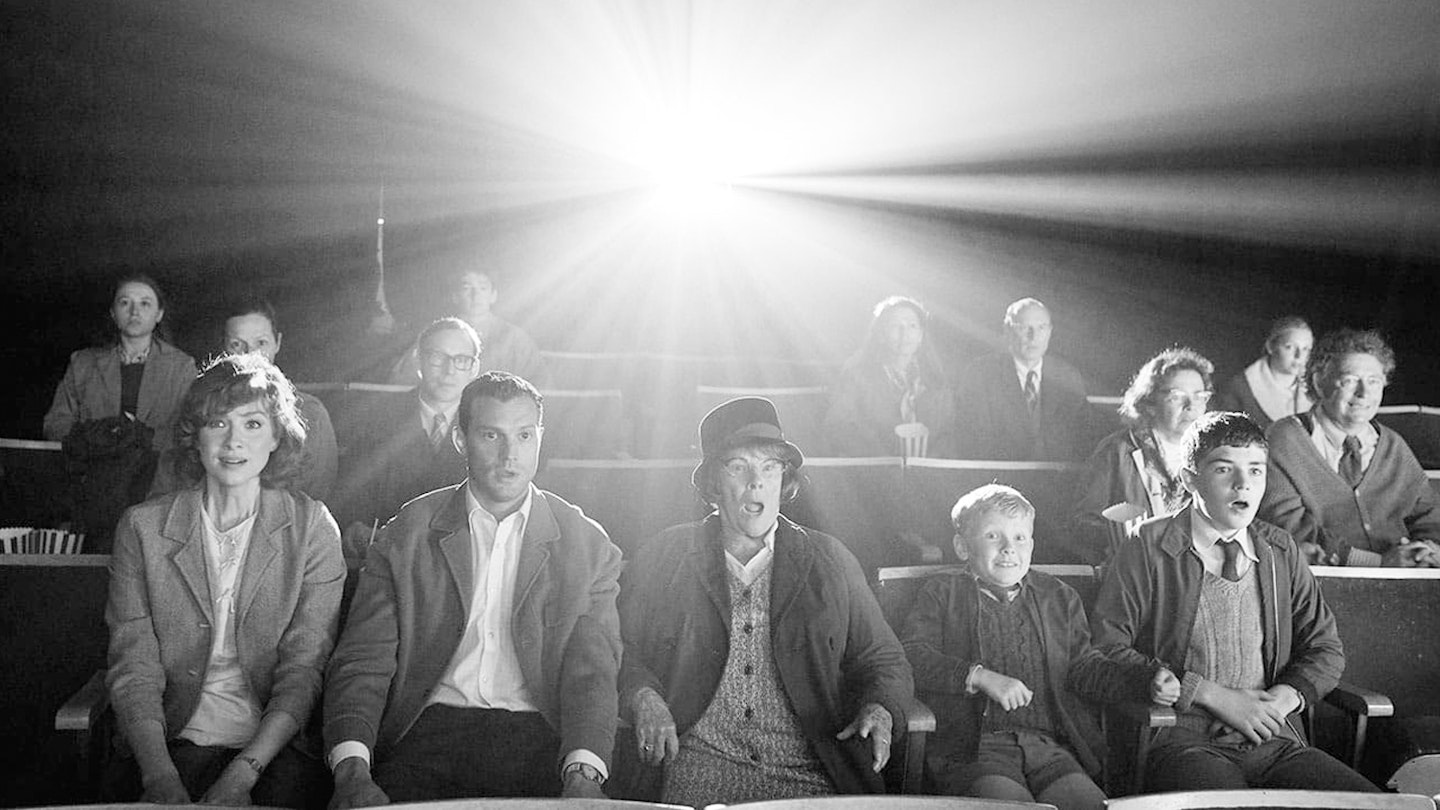
It starts in colour with a touristy view of the city — the Harland & Wolff docks, the Titanic hotel — until a crane shot moving over a wall reveals a street in 1969, now in striking black-and-white. Cinematographer Haris Zambarloukos’ camera flies and glides around the busy street, which turns into a riot as Protestant gangs torch Catholic homes. Caught in the melee is nine-year-old Buddy (Jude Hill), the youngest member of a Protestant family that includes Buddy’s older brother Will (an under-served Lewis McAskie), Pa (Jamie Dornan), who works over the water as a joiner to pay off tax debts so is rarely home, Ma (Outlander’s Caitriona Balfe), doggedly keeping the family on the straight and narrow, plus Pop (Ciarán Hinds) and Granny (Judi Dench).
Balfe is the star here — the chemistry she shares with Dornan is tangible.
The Troubles serves as an undercurrent rather than a leading player, making Belfast much more of a memory movie than a political diatribe. Most of the film is concerned with Buddy’s misunderstandings (about politics and religion) and misadventures (falls for the local Catholic swot, mucks up stealing a Turkish Delight), Hill making a natural, engaging Branagh surrogate. Dornan is a mostly genial dad figure, while Hinds and Dench drop moments of gravitas, but Balfe is the star here and gives the film’s stand-out speech about the dangers of leaving home — the chemistry she shares with Dornan is tangible.
Branagh’s filmmaking frequently goes for broke. Sometimes it misses — using High Noon’s ‘Do Not Forsake Me, Oh My Darlin’’ to turn a street showdown into a Western face-off cheapens the moment — but mostly it’s grandiloquent and luminous. He’s also mounted an affectionate tribute to late-’60s childhood ephemera (footballer Danny Blanchflower, Thunderbirds suits, Corgi Aston Martin DB5s) and visits to the movies splashed with colour, life through different eyes; though a trip to see Chitty Chitty Bang Bang feels a little over-the-top — the family reacting to flying sequences like they are on a rollercoaster. Branagh’s movie-movie tendencies emerge again when Pa launches into an exuberant rendition of ‘Everlasting Love’, sung to his wife. Still, Belfast is the kind of film where you occasionally print the legend, not the truth. And given the context in which Branagh grew up, you can absolutely see why.
